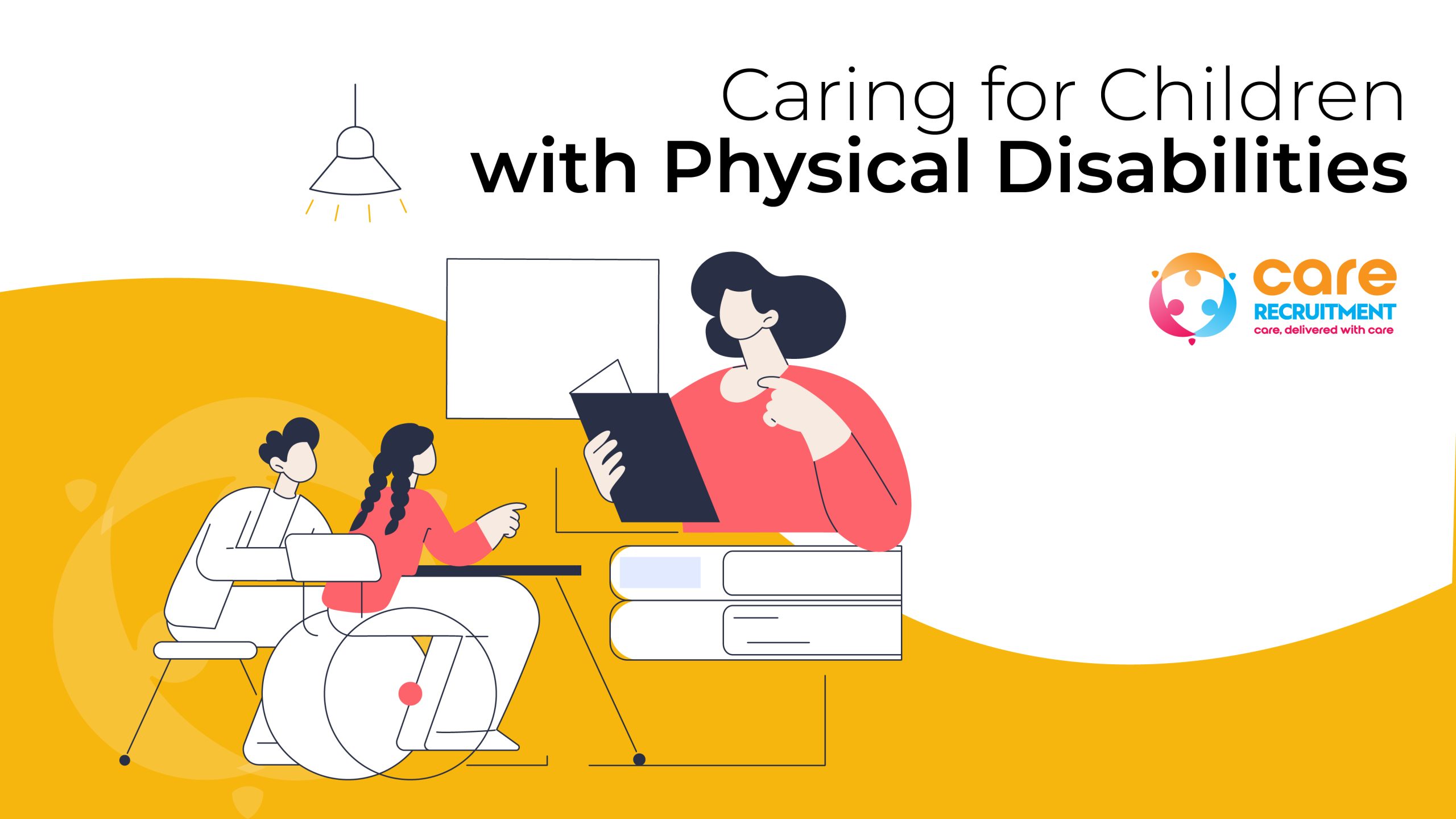
Caring for children with physical disabilities is a rewarding and vital responsibility that requires patience, compassion, and specialized skills. As caregivers, we have the privilege of making a positive impact in the lives of these remarkable children. In this blog post, we will explore the unique challenges, essential strategies, and the transformative power of love and support when caring for children with physical disabilities.
To provide effective care for children with physical disabilities, it is crucial to understand the specific conditions and challenges they face. Educating ourselves about various disabilities such as cerebral palsy, spina bifida, muscular dystrophy, or limb differences equips us with the knowledge to adapt our caregiving techniques, anticipate needs, and provide appropriate support.
Assistive devices and techniques play a pivotal role in enhancing the independence and mobility of children with physical disabilities. From wheelchairs and orthotics to walkers and communication devices, caregivers must be knowledgeable about these tools and techniques to help children navigate their environment, engage in activities, and participate fully in everyday life.
Creating an inclusive and accessible environment is essential for children with physical disabilities to thrive. Caregivers can collaborate with families, educators, and therapists to make necessary adaptations, such as modifying the home or classroom, installing ramps or lifts, and ensuring appropriate seating and equipment. By removing physical barriers, we empower children to explore and participate in their surroundings with confidence.
Caring for children with physical disabilities goes beyond physical support. Emotional and social well-being are equally important aspects of their development. As caregivers, we should foster a nurturing and inclusive environment where children feel accepted, valued, and encouraged to express themselves. Facilitating social interactions, supporting friendships, and providing emotional support can significantly impact a child's overall happiness and sense of belonging.
Children with physical disabilities may face challenges in verbal communication. Augmentative and Alternative Communication (AAC) systems, such as sign language, picture boards, or voice output devices, can provide a means for effective communication. Caregivers should familiarize themselves with these tools and techniques to ensure clear and meaningful communication, promoting independence and social interaction.
Collaboration with therapists and healthcare professionals is vital when caring for children with physical disabilities. Occupational therapists, physical therapists, and medical specialists play a significant role in developing personalized care plans, providing guidance, and monitoring progress. By working together as a team, caregivers can maximize the potential and quality of life for children with physical disabilities.
Caring for children with physical disabilities can be physically and emotionally demanding. It is crucial for caregivers to prioritize self-care to avoid burnout and provide the best possible care. Taking breaks, seeking support networks, practicing stress management techniques, and engaging in activities that recharge and rejuvenate are essential for maintaining personal well-being.
Caring for children with physical disabilities requires a specialized and compassionate approach. By understanding their unique challenges, promoting independence, creating inclusive environments, and fostering emotional well-being, caregivers can empower these children to live fulfilling lives. Collaboration with therapists and healthcare professionals, as well as self-care practices for caregivers, further enhance the quality of care provided. Through our dedication and love, we have the extraordinary opportunity to make a lasting difference in the lives of these incredible children.